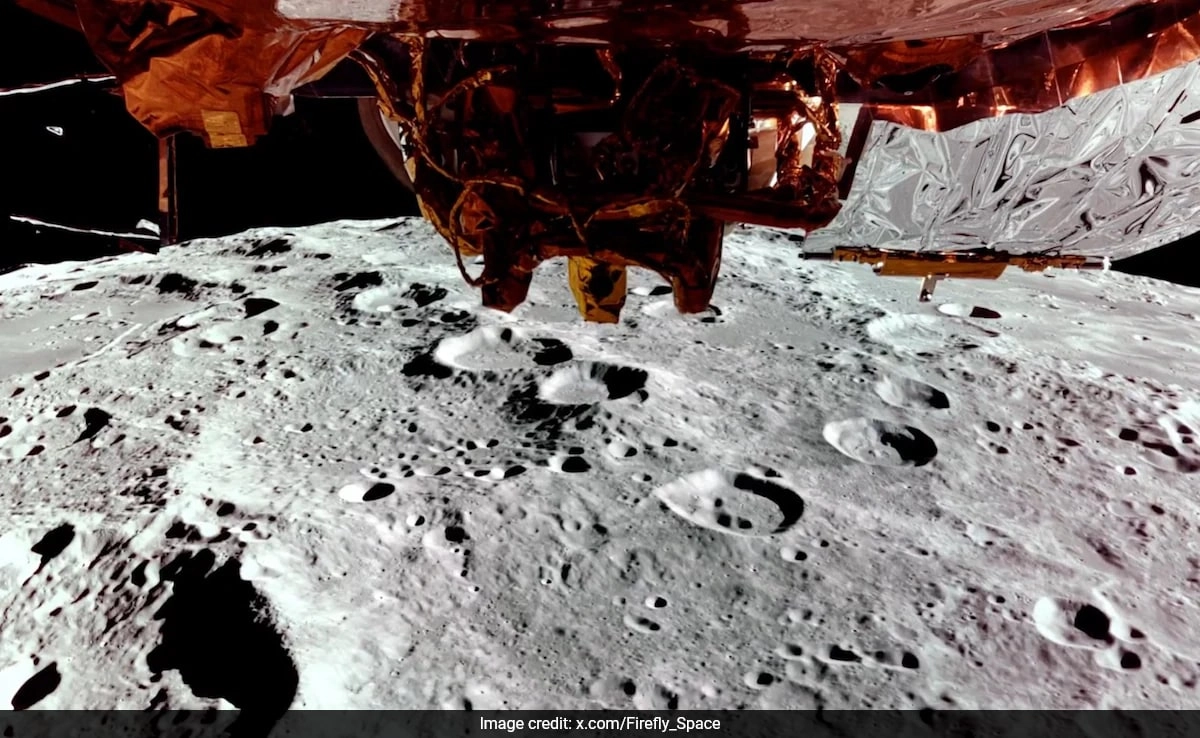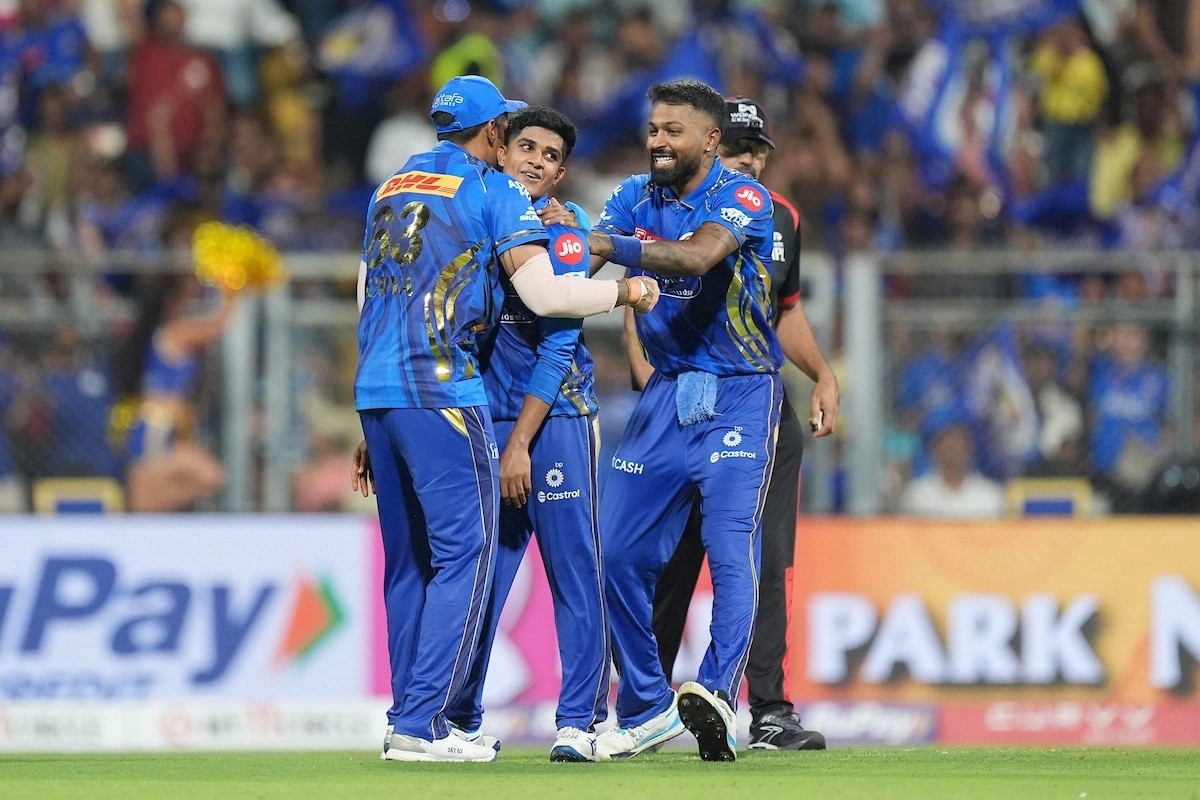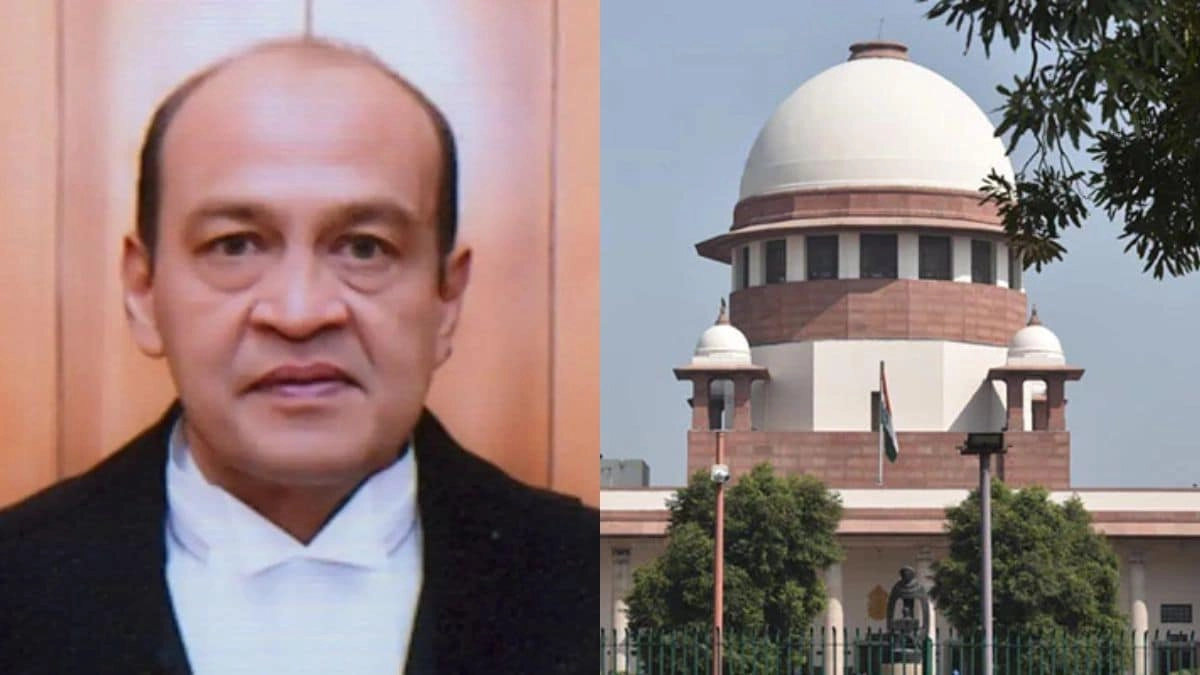Assam Chief Minister Himanta Biswa Sarma recently made headlines with a sharp retort to Congress leader Rahul Gandhi’s statement regarding his potential imprisonment. During a public event, Rahul Gandhi claimed that he was prepared to go to jail for his convictions and political beliefs. In response, Sarma delivered a tongue-in-cheek jab, referring to Gandhi’s comments as “Thenga,” a colloquial term that translates roughly to “nothing” or “of no significance.” This exchange highlights the ongoing political rivalry and the intense atmosphere surrounding the current political landscape in India, particularly as the nation approaches crucial elections.
Sarma’s use of the term “Thenga” was not only a dismissal of Gandhi’s bravado but also an attempt to undermine the Congress leader’s credibility. By framing Gandhi’s statement as inconsequential, Sarma aimed to rally support for his party, the Bharatiya Janata Party (BJP), while simultaneously showcasing his own political acumen. This incident underscores the growing trend of political leaders engaging in sharp rhetoric to connect with their base and sway public opinion. Sarma’s quip has resonated with many of his supporters, who view it as a clever rebuttal to what they perceive as Gandhi’s theatricality.
The exchange also reflects a broader narrative in Indian politics, where the stakes are high and every statement can lead to significant repercussions. With the political climate charged and emotions running high, leaders from both the BJP and Congress are keenly aware of the need to project strength and decisiveness. Sarma’s comment serves to energize his supporters while also positioning him as a formidable opponent to Gandhi, who has been vocal about various issues, including social justice and economic disparity. As the political landscape continues to evolve, such exchanges will likely play a critical role in shaping public discourse and influencing voter sentiment.
In conclusion, the interaction between Himanta Biswa Sarma and Rahul Gandhi illustrates the intensity of political rivalry in India today. Sarma’s “Thenga” jab is not merely a moment of levity; it encapsulates the strategic maneuvering that characterizes contemporary political communication. As both leaders prepare for the forthcoming electoral battles, the importance of rhetoric and public perception cannot be overstated. This incident serves as a reminder of how political leaders must navigate the complex terrain of public opinion while defending their positions and countering their opponents. With the political arena constantly in flux, the interplay between figures like Sarma and Gandhi will undoubtedly continue to shape the narrative leading up to the elections.




